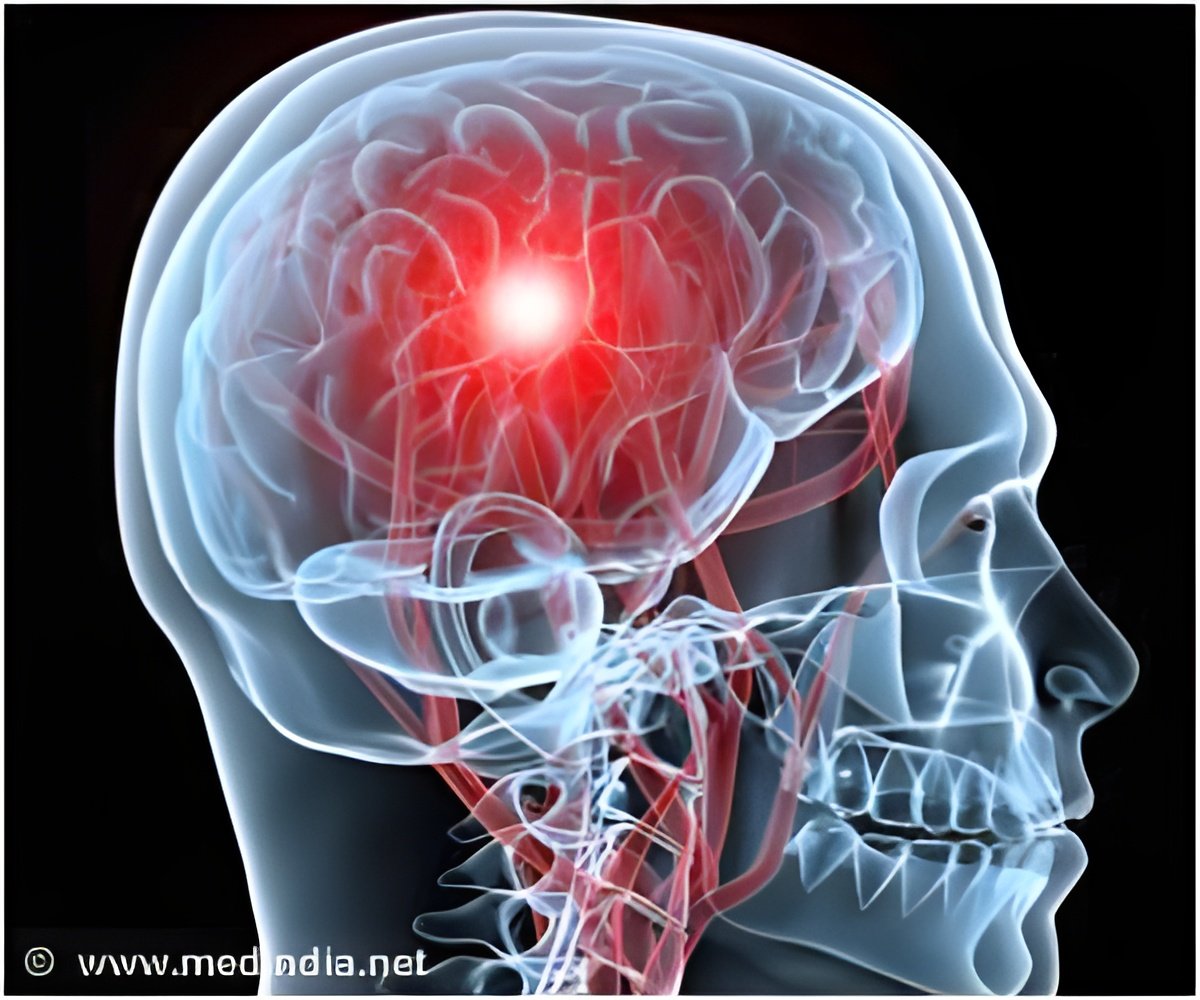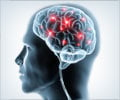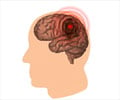In older adults, the decline of ischemic stroke is not steep, whereas younger adults were found to show less steep decline.

TOP INSIGHT
Lifestyle choices such as exercise, eating a healthy diet, not smoking, and getting proper sleep likely will reduce the risk of stroke at middle age, just as it does in later life.
The researchers studied trends in the rate of ischemic stroke among two age groups in the Framingham Heart Study: middle age-35-55 years old and older age-above 55 years old. They estimated the rate of stroke occurring in four time periods, 1962-67, 1971-76, 1987-1991 and 1998-2005. They also looked at risk for stroke calculated using the Framingham Stroke Risk Profile, which gives an estimate for how likely a stroke will occur over the ensuing 10 years. According to the researchers, other studies have suggested that declines in the rate of stroke may be slowing down or reversing in younger adults. "Our findings demonstrate how continued preventive efforts need to be made to reduce the occurrence of stroke among middle-aged adults.
Namely, we emphasize a focus on public health education and controlling vascular risk factors such as blood pressure, diabetes and smoking."
The researchers believe newer technology, like MRI and better CT scans, have made it easier to diagnose subtle stroke with atypical symptoms, especially in younger adults where the suspicion for stroke is lower.
Source-Eurekalert
 MEDINDIA
MEDINDIA




 Email
Email










